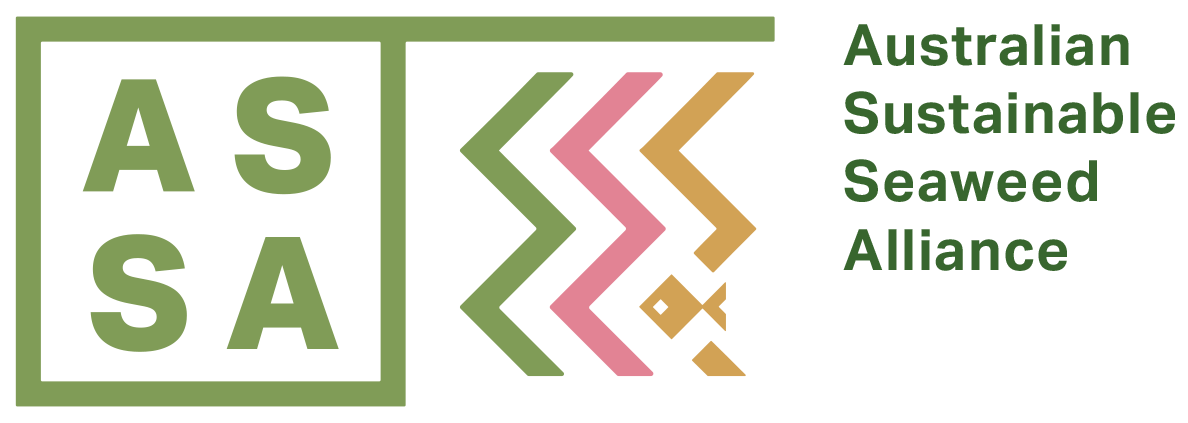Harvesting Seaweed To Save The Planet
As the founder of The Seaweed Institute, Jo Kelly is growing the seaweed industry to tackle climate change. She’s this week’s Changemaker.
Unlike other types of farming, seaweed plantations have been proven to improve the health of our bays, oceans and reefs, and even help reduce carbon emissions.
While Australia’s coastline has ideal growing conditions, as of yet, there are no commercial ocean-based seaweed farms in the country. It’s something that Jo Kelly is trying to change.
With over 20 years’ experience spanning aquaculture, financial services, food, water, environment, utilities, transport, defence and health sectors, she is fighting to position seaweed farming as an alternative to polluting industries in a bid to combat climate change and create jobs in rural areas.
The Seaweed Institute is collaborating with ocean farmers, research organisations, and manufacturers, to develop a framework to unite government and researchers to create a national seaweed industry.
For her work, Kelly was named a Myer Innovation Fellow in 2019, and more recently a recipient of the AMP Foundation Tomorrow Maker program, using the grant to fund nanotechnology research to increase seaweed’s capacity to improve water quality.
In this week’s Changemaker, she discusses her practical approach to climate action, the challenges and benefits of growing a new industry, and why being flexible is key to making change.
How did you end up in the job you’re in now?
I founded the Australian Seaweed Institute three years ago. I started it because my theory of change is that to take climate change action, which is something that we desperately, urgently need, we actually need to create new industries in the future. What I was seeing was a lot of debate about jobs and economics, and a need to prove and bring forward businesses that are doing the right thing by people and the planet, so that we can move away from old and polluting industries but create jobs at the same time. So that’s where I became very passionate about new industries, and I found that seaweed actually ticks all of the boxes in terms of economic return, environmental outcomes, and social outcomes, particularly regional jobs.
I also grew up on and now live on Bribie Island, so I have a very close association with the water and the ecosystems that surround these beautiful coastal places that we live in Australia. And that’s really driven me to find something ocean-based that can make a difference at scale.
Starting a whole new industry is something that people who are more traditional would find hard to understand. What has that been like and how have you managed leading this kind of change?
Well, I realised early on that we need to demonstrate that a seaweed industry and seaweed projects stand up on their economic and social merits. Particularly in the current environment that we’re in, where jobs and growth are the main buzzwords that you hear from governments and community. It was about looking into how seaweed could provide a solution to that…

